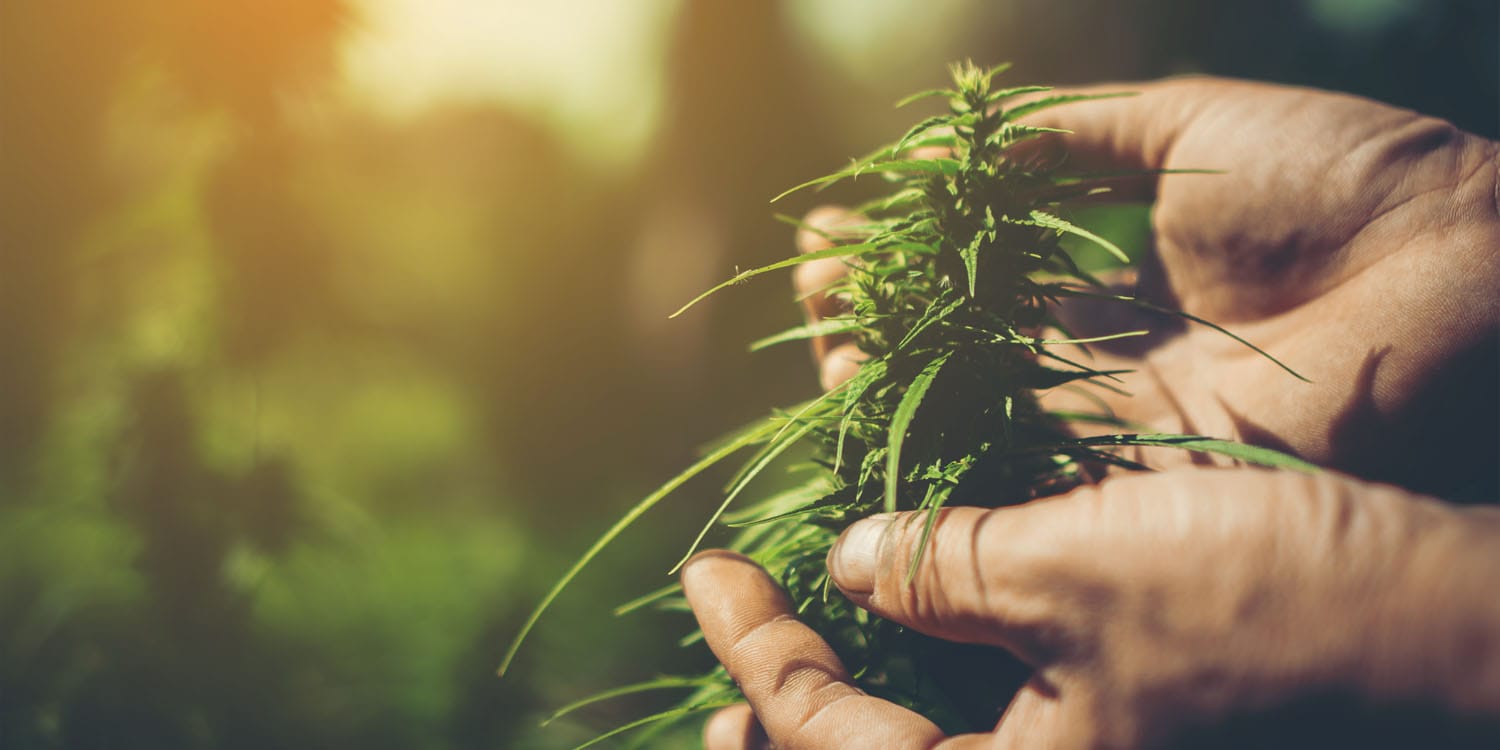Anxiety disorders are common in the United States, affecting about 15% of individuals each year. These disorders often occur alongside alcohol use disorders, creating a challenging combination that leads to poor treatment outcomes and high relapse rates. Chronic alcohol use and withdrawal can increase anxiety and stress sensitivity, which further drives alcohol consumption in a harmful cycle.
A recent study published in Frontiers in Neuroscience explored the potential of cannabinoids, specifically cannabidiol (CBD) and a CBD to tetrahydrocannabinol (THC) mix, to manage anxiety during alcohol withdrawal in mice. The findings suggest that the timing of cannabinoid use during alcohol withdrawal is critical in determining its effects on anxiety.
The study aimed to investigate whether cannabinoids could alleviate anxiety during alcohol withdrawal, potentially reducing relapse rates in people with alcohol use disorders. Previous research has shown that cannabinoids have therapeutic potential for anxiety and stress-related disorders.
However, the effects of cannabinoids on alcohol withdrawal-induced anxiety were not well understood. Given that many individuals using cannabis consume mixtures of CBD and THC, the researchers sought to determine how these cannabinoids, alone and in combination, affect anxiety during alcohol withdrawal.
“In recent years, cannabinoids such as CBD and THC have been discussed as potential therapeutics for improving various mental health disorders, including alcohol use disorder,” said study author Yuval Silberman, an associate professor of neural and behavioral sciences and associate dean for interdisciplinary research at Penn State College of Medicine.
“There are numerous potential reasons why cannabinoids could reduce alcohol use. We sought to examine two potentially interactive reasons, reduction in alcohol-withdrawal induced anxiety-like behavior and alterations to alcohol’s known effects on modulation of neuroimmune cell activity.”
To explore this, the researchers used a sample of 248 adult male and female mice. These mice were exposed to chronic intermittent ethanol vapor to induce alcohol dependence, a well-established model for studying alcohol withdrawal. The mice were divided into groups and subjected to either 4-hour or 24-hour withdrawal periods following their last exposure to ethanol vapor.
The researchers then treated the mice with either a vehicle solution, 10 mg/kg of CBD, or a 3:1 mixture of CBD to THC. Thirty minutes before behavioral testing, the mice were either left unstressed or exposed to a 30-minute restraint stress. Following this, the mice underwent an open field test, which measures anxiety-like behavior by observing the amount of time the mice spend in the center of the field versus the edges.
To understand the neurobiological mechanisms behind the observed behaviors, the researchers also analyzed plasma levels of CBD and THC and conducted immunohistochemical analyses of brain tissues to assess changes in neuroimmune cell activity in the central amygdala, a brain region crucial for regulating anxiety and alcohol intake.
The behavioral results indicated that mice in 4-hour withdrawal were more anxious, spending less time in the center of the open field, while mice in 24-hour withdrawal were less anxious, spending more time in the center. At the 4-hour withdrawal mark, both CBD and the CBD mixture increased anxiety-like behaviors. But treatment with the CBD mixture at 24-hour withdrawal increased the time spent in the center, suggesting reduced anxiety.
“Timing matters,” Silberman told PsyPost. “We looked at two short term alcohol withdrawal timepoints (4 hours and 24 hours) and found that CBD and CBD:THC increased anxiety at 4-hour withdrawal, while CBD reduced anxiety-like behavior at the 24-hour withdrawal time point. Cannabinoid effects may be distinct when used singly or in combination. CBD and CBD:THC mixtures appeared to have different effects dependent on timing of withdrawal. This has strong implications for future treatment development.”
The researchers also found changes in neuroimmune cell activity in the central amygdala. At the 4-hour withdrawal mark, there was a decrease in the number of astrocytes and microglia, key neuroimmune cells. Interestingly, CBD and the CBD mixture appeared to normalize these changes, suggesting a potential mechanism by which these cannabinoids could influence anxiety during alcohol withdrawal.
Plasma analysis revealed that mice in 24-hour withdrawal had higher THC concentrations and faster CBD metabolism compared to control mice. This difference in cannabinoid metabolism might contribute to the observed behavioral effects, particularly the reduction in anxiety seen with the CBD mixture at 24-hour withdrawal.
“Our data showed that mice undergoing alcohol withdrawal achieve higher plasma CBD and THC levels than mice that have not had alcohol exposure even though they were all given the same doses originally,” Silberman explained. “This may, in part, explain our findings regarding timing of withdrawal and cannabinoid exposure.
“Furthermore, it appears that CBD is preferentially metabolized over THC in alcohol exposed mice, which has some very important implications regarding use of cannabinoids after alcohol intake. A better understanding of this phenomenon could provide for improved therapeutic strategies in the future.”
But as with all research, there are some caveats to consider.
“These studies were performed in mice with a well validated but short-term passive alcohol exposure and dependence model,” Silberman noted. “Replicating these studies in longer term, active alcohol self-administration models may provide for different results. The cannabinoids were given via intraperitoneal injection and only at one time point. Alternative routes of administration and multiple cannabinoid exposures may produce different results as well.”
The findings of this study highlight the complexity of cannabinoid effects on anxiety during alcohol withdrawal and suggest several avenues for future research. For instance, future studies could also continue to explore how these cannabinoids are metabolized to better understand how they are processed by the body during different stages of alcohol withdrawal.
“We are very interested in the CBD and THC metabolism differences between alcohol withdrawal and control mice,” Silberman said. “We think this key finding opens the door to mechanistic insights that will be critically important for future potential therapies involving cannabinoids.”
“This work was a collaboration between numerous labs that would not have been possible without the support of the Penn State Center for Cannabis and Natural Product Pharmaceuticals (CCNPP). The relatively new CCNPP, having been officially started at Penn State in 2023, has already been highly successful in engaging and growing research around cannabis and natural products at Penn State. For more information visit Medical Marijuana Academic Clinical Research Center – Penn State College of Medicine Research (psu.edu).”
The study, “Effects of cannabidiol, with and without ∆9-tetrahydrocannabinol, on anxiety-like behavior following alcohol withdrawal in mice,” was conducted by Mariam Melkumyan, Vibha M. Annaswamy, Alexandra M. Evans, Opeyemi F. Showemimo, Zari E. McCullers, Dongxiao Sun, Terrence E. Murphy, Kent E. Vrana, Amy C. Arnold, Wesley M. Raup-Konsavage, and Yuval Silberman.




